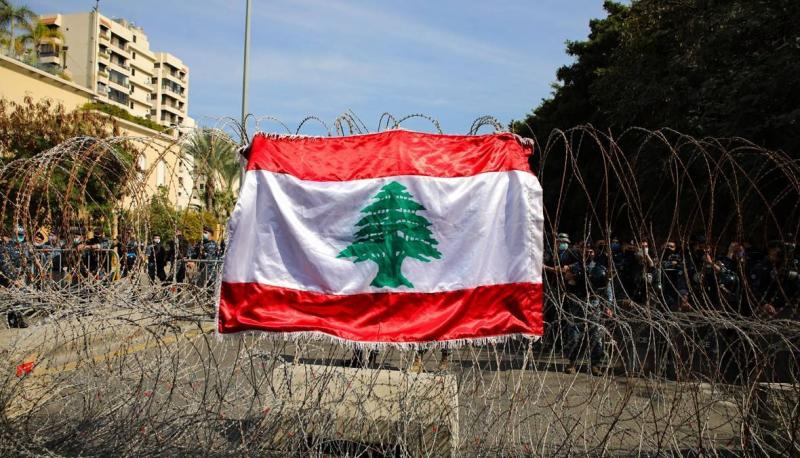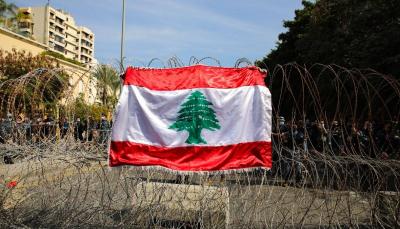Amid the ongoing internal initiatives surrounding the presidential election, political circles and interested capitals are closely watching how the outcomes of the American-French presidential summit in Paris will impact the current situation in Lebanon. Presidents Joe Biden and Emmanuel Macron emphasized, in the final statement of their summit held over the weekend in Paris, the utmost importance of maintaining Lebanon's stability and calming the situation along the "Blue Line," indicating that they will work together to achieve this goal in accordance with UN Security Council Resolution 1701. The statement also reaffirmed the urgent need to end the presidential vacuum that has persisted since October 31, 2022, and to move forward, without further delay, in "electing a president and forming a government."
Under the umbrella of international "restraint" and the preservation of stability in Lebanon, in light of the statement regarding restraint in the south and compliance with Resolution 1701, as well as the push to end the presidential vacancy as a precursor to reviving the economy and reinforcing state pillars, political references noted through "Al-Bayan" the section specifically addressing Lebanon, which was replicated from previous statements and positions from several years ago.
The Lebanese aspect of the summit, according to political sources following "Al-Bayan," formed a significant indicator of the advancement of the Lebanese issue in the priorities of both countries, particularly in terms of balancing the efforts to prevent regional fire from spreading to Lebanon while pressing for the election of a new president. This dual-track approach bears significant implications for the coupling of joint efforts aimed at finding a solution to the Lebanese file along these two fronts. The French-American roadmap regarding the Middle East and Lebanon has confirmed this trend.
In this context, high-ranking sources indicated to "Al-Bayan" that France sees a present opportunity to reach an agreement on the presidential election in Lebanon, noting that the joint French-American statement regarding the Lebanese file has cast soothing shadows on the internal scene in Lebanon, even though this has not masked the escalation of entanglements in external mediations and initiatives and internal movements regarding the presidential file, which has led to further complications without facilitating pathways to solutions.
On the other side of the picture, there is talk about external communications related to the presidential election revealing an American inclination to expedite this constitutional process. Additionally, as Lebanon approaches the one-year mark since the last session called by the Lebanese Speaker of Parliament Nabih Berri to elect a president on June 14 of last year, there is a consensus that Lebanon is "lost" amid the flurry of initiatives that currently do not seem capable of opening any breach in its first presidential wall. It is still seeking two umbrellas: one external, aimed at securing international intersections against the escalation of war between Israel and Hezbollah, and the second, an internal umbrella where the majority of political forces in the center converge, in preparation for what developments may bring in the next phase, especially given the internal conviction regarding the necessity of providing an international umbrella to prevent war on Lebanon, which should result in the Lebanese being able to politically accompany it towards achieving some settlement.




